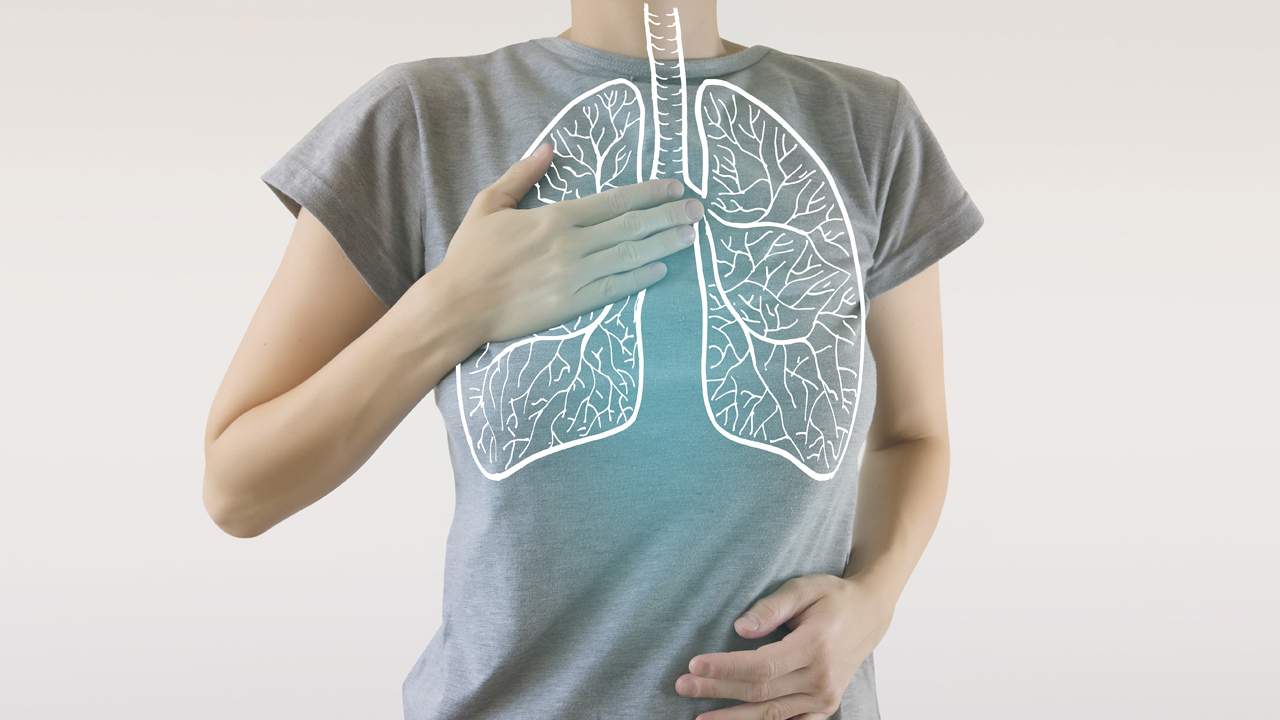In Clinical
Follow this topic
Bookmark
Record learning outcomes
Covid-19, influenza and group A streptococcus shouldered much of the microbiological blame for this year’s winter crisis yet, behind the headlines, respiratory syncytial virus (RSV) makes an important and largely underestimated contribution to each winter crisis.
Almost everyone has been infected with RSV at one time or another. More than four in five people contract RSV at least once by two years of age1 – but it doesn’t just infect the young. An American study of 2,325 adults aged 50 years or older reported that, before Covid-19, the age- and sex-adjusted incidence of RSV-positive acute respiratory infection was 50.2 per 1,000 person-years.2
Respiratory syncytial virus usually means a miserable couple of weeks experiencing symptoms such as cough, sneezing, runny nose, fever, appetite loss and wheezing.3 It can cause complications such as bronchiolitis, pneumonia, acute otitis media and conjunctivitis.1 Some RSV patients need hospital treatment.
Why RSV infections peak during the winter isn’t clear. Perhaps cold air inhibits nasal defences. Maybe low temperatures promote RSV infection. Certainly, people congregate indoors when it is cold,1 which may explain why the number of RSV cases plummeted during lockdown.
In the American study, RSV’s age- and sex-adjusted incidence fell to 2.97 per 1,000 person-years during the pandemic.2 During Australia’s Covid-19 restrictions, the number of cases was 94.3 per cent lower than predicted.1
Current treatments
Current treatments that are available help keep patients out of hospital. Palivizumab, a monoclonal antibody (mAb), prevents serious lower respiratory tract disease (RSV-LRTD) in high-risk children. The MHRA recently approved nirsevimab, another anti-RSV mAb, for infants.
The ongoing HARMONIE study (rsvharmoniestudy.com/en-gb), which is funded by Sanofi and also supported by the National Institute for Health and Care Research, is assessing whether a single dose of nirsevimab prevents respiratory syncytial virus in more than 20,000 infants across the UK, France and Germany.
In addition, inhaled ribavirin is licensed for severe bronchiolitis caused by RSV in infants, especially those with other serious diseases. Several other antivirals against RSV are in development.3 To make a marked difference to winter pressures, the NHS probably needs a vaccine – and these aren’t too far away.
Vaccine development
Moderna recently announced results with mRNA-1345, an investigational RSV vaccine, in adults aged 60 years or older. Vaccine efficacy was 83.7 and 82.4 per cent based on at least two and three or more symptoms respectively.
An interim analysis of Pfizer’s investigational RSV vaccine PF-06928316 (also called RSVpreF) in adults aged 60 years or older showed efficacy against RSV-LRTD of 66.7 per cent (at least two symptoms) and 85.7 per cent (at least three symptoms). Given during pregnancy, PF-06928316 protected infants from RSV.
According to an interim analysis, vaccine efficacy against severe medically attended RSV-LRTD was 81.8 per cent during the first 90 days of life and 69.4 per cent during the six-month follow-up.
Global problem
Respiratory syncytial virus is a global health problem. Worldwide, RSV was responsible for 2.0 per cent of deaths between birth and 60 months and 3.6 per cent of deaths in children aged 28 days to six months. Between birth and 60 months, RSV caused 33 million acute lower respiratory tract infections (LRTI), 3.6 million hospital admissions for LRTIs and 101,400 deaths worldwide during 2019.4
Young children are most vulnerable. Between birth and six months of age, RSV caused an estimated 6.6 million LRTIs, 1.4 million hospital admissions for LRTIs and 45,700 deaths.4
With 91 per cent of RSV episodes occurring among people living in low- and middle-income countries,5 ensuring everyone benefits from existing and new treatments presents a global challenge that puts the problems associated with our NHS winter crises into proper perspective.
References
1. ERJ Open Research 2022
2. JAMA Network Open 2023
3. Infection and Drug Resistance 2022
4. Lancet 2022
5. Cochrane Database of Systematic Reviews 2021

